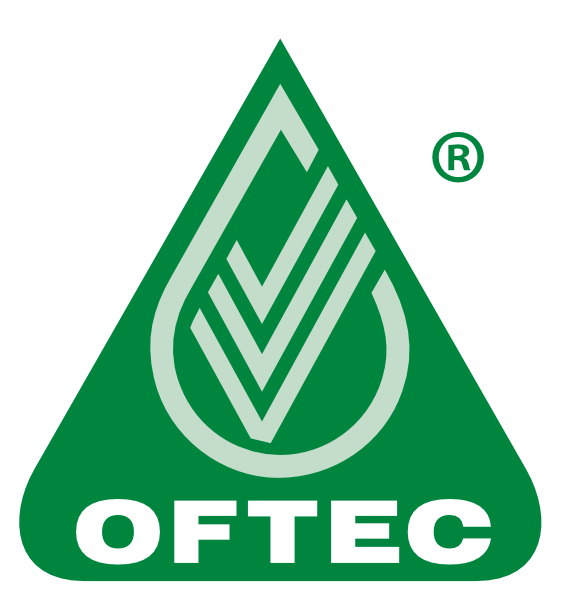Error 404: Page not found
Oops!
We do not appear to be able to find that page. To get you started, please try one of the links below
If this problem persists, please contact us.
Please wait ...

We do not appear to be able to find that page. To get you started, please try one of the links below
If this problem persists, please contact us.
Please wait ...